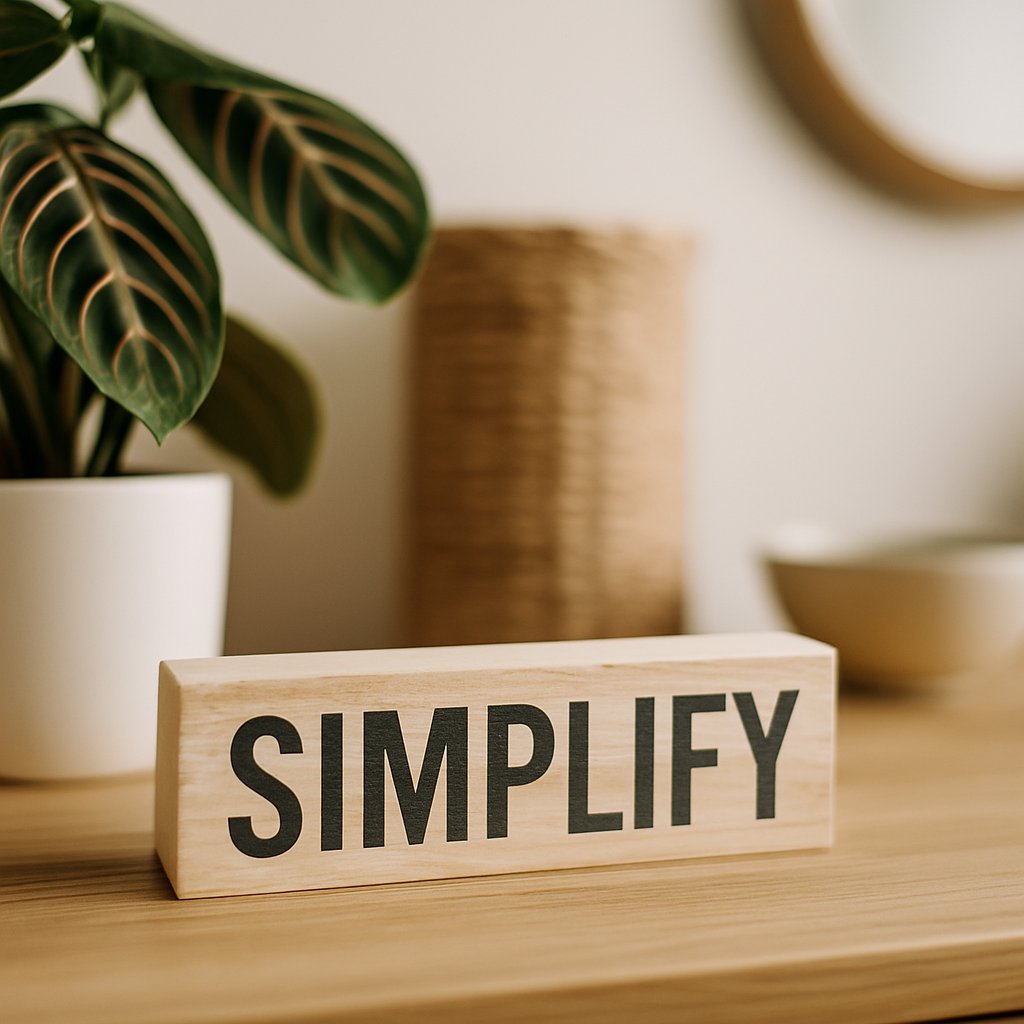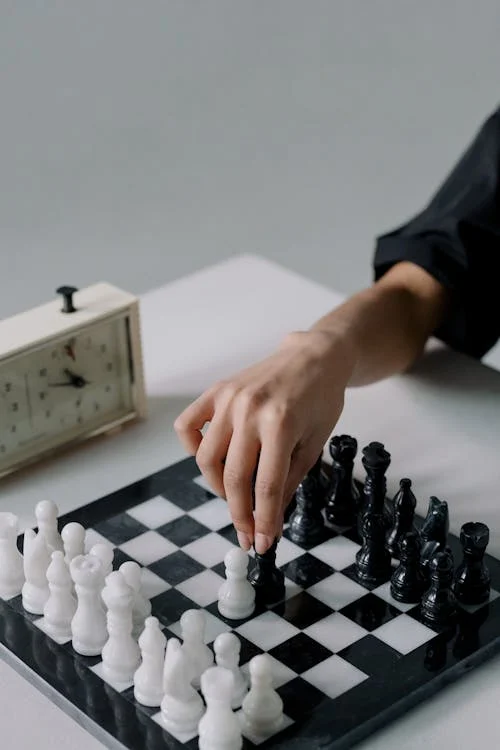The Quiet Power of Minimalism: Simplifying Life for Wellness and Productivity. In today’s fast-paced world, we are constantly bombarded with distractions, both physical and digital. From the endless stream of emails and notifications to the cluttered spaces we live and work in, it’s easy to feel overwhelmed. But what if there was a simpler way to regain control of your life and enhance your well-being? Minimalism offers just that—a chance to declutter both your environment and your mind, focusing only on what truly matters.
Minimalism as a Lifestyle Philosophy
Minimalism is more than just a trend; it’s a lifestyle philosophy. It’s about intentionally removing excess to make room for greater joy, productivity, and peace. Many people have turned to minimalist principles as a way to combat stress, boost their mental clarity, and create more space for meaningful activities. According to The Minimalists, a popular minimalist duo, embracing this lifestyle can significantly reduce the noise in your life and help you prioritize things that matter most.
How Minimalism Enhances Mental Clarity and Focus
Adopting a minimalist approach isn’t about stripping away all your possessions or radically changing your life overnight. Rather, it’s about making intentional decisions to reduce clutter in your home, your schedule, and even your digital spaces. For example, reducing the number of distractions in your home office or limiting your screen time on social media can allow you to focus on work and personal growth, leading to higher productivity and better mental health.
Studies support the benefits of minimalism. Research from the Journal of Happiness Studies found that individuals who embrace minimalism tend to experience higher levels of satisfaction and contentment. When you reduce distractions, you can fully engage with the activities and relationships that matter most. This shift toward intentional living can increase your sense of control over your life and reduce the anxiety that comes with excessive clutter.
Declutter Your Physical Environment
The physical and mental benefits of minimalism are closely linked. One of the first steps toward adopting a minimalist lifestyle is decluttering your physical environment. When your living space is organized and tidy, it has a direct impact on your state of mind. The feeling of walking into a clean, clutter-free room can reduce stress and promote relaxation. A clean home can lead to a clearer mind, allowing you to focus on what truly matters. This principle also applies to your workspaces. By eliminating distractions and unnecessary items, you can increase your concentration and efficiency.
Simplify Your Schedule for Greater Balance
Minimalism extends beyond the physical. By eliminating distractions in your daily schedule, you can create more time for self-care and relaxation. Consider simplifying your routine by saying no to activities that don’t align with your long-term goals or values. Instead, focus on what enriches your life. This could be a hobby, spending time with loved ones, or dedicating time to physical activity. Through this, you’ll create a more balanced and meaningful lifestyle, where your time is spent on things that truly matter.
The Mental Health Benefits of Minimalism
Incorporating minimalism into your life can also improve your mental wellness. A minimalist mindset promotes a focus on the present moment and encourages mindfulness. By cutting back on overconsumption—whether it’s material goods or digital media—you can reduce feelings of overwhelm and stress. Take, for example, a digital detox. By limiting your screen time and avoiding the constant influx of information from your phone, you give your mind the space it needs to rest and rejuvenate. This is especially important in our fast-paced world, where constant connectivity can lead to burnout.
Financial Benefits of Minimalism
Minimalism isn’t just good for your mental and physical well-being—it can also be financially rewarding. By simplifying your consumption habits, you spend less money on material goods that you don’t truly need. Minimalism encourages you to value experiences and relationships over material possessions, which can result in more savings and financial freedom in the long run. According to a study by Mindful Minimalism, individuals who adopt minimalist habits often report lower levels of debt and more sustainable spending habits.
How to Begin Your Minimalist Journey
If you’re ready to adopt minimalism, where do you start? One of the first steps is to declutter your home. Start with a single room or area and remove items that no longer serve a purpose. Ask yourself whether each item brings value to your life. Over time, this process can extend to your entire home, creating a peaceful and organized living space.
Additionally, begin to simplify your schedule. Overcommitting to too many obligations can leave you feeling drained and stressed. By saying no to non-essential commitments, you can create more time for activities that bring you joy and align with your values. Simplifying your schedule can be just as impactful as decluttering your physical space.
Finally, limit your digital consumption. Unsubscribe from unnecessary emails, unfollow social media accounts that don’t add value to your life, and set boundaries on your screen time. Taking these steps will help reduce the mental clutter that comes with constant digital engagement.
A Lifestyle for the Long-Term
As you continue on your minimalist journey, remember that minimalism isn’t a destination; it’s an ongoing process. With each small change, you’ll experience more clarity, peace, and focus. And as the world becomes more chaotic, adopting a minimalist lifestyle may be the key to creating a balanced, fulfilling life.
CHECK OUT:



